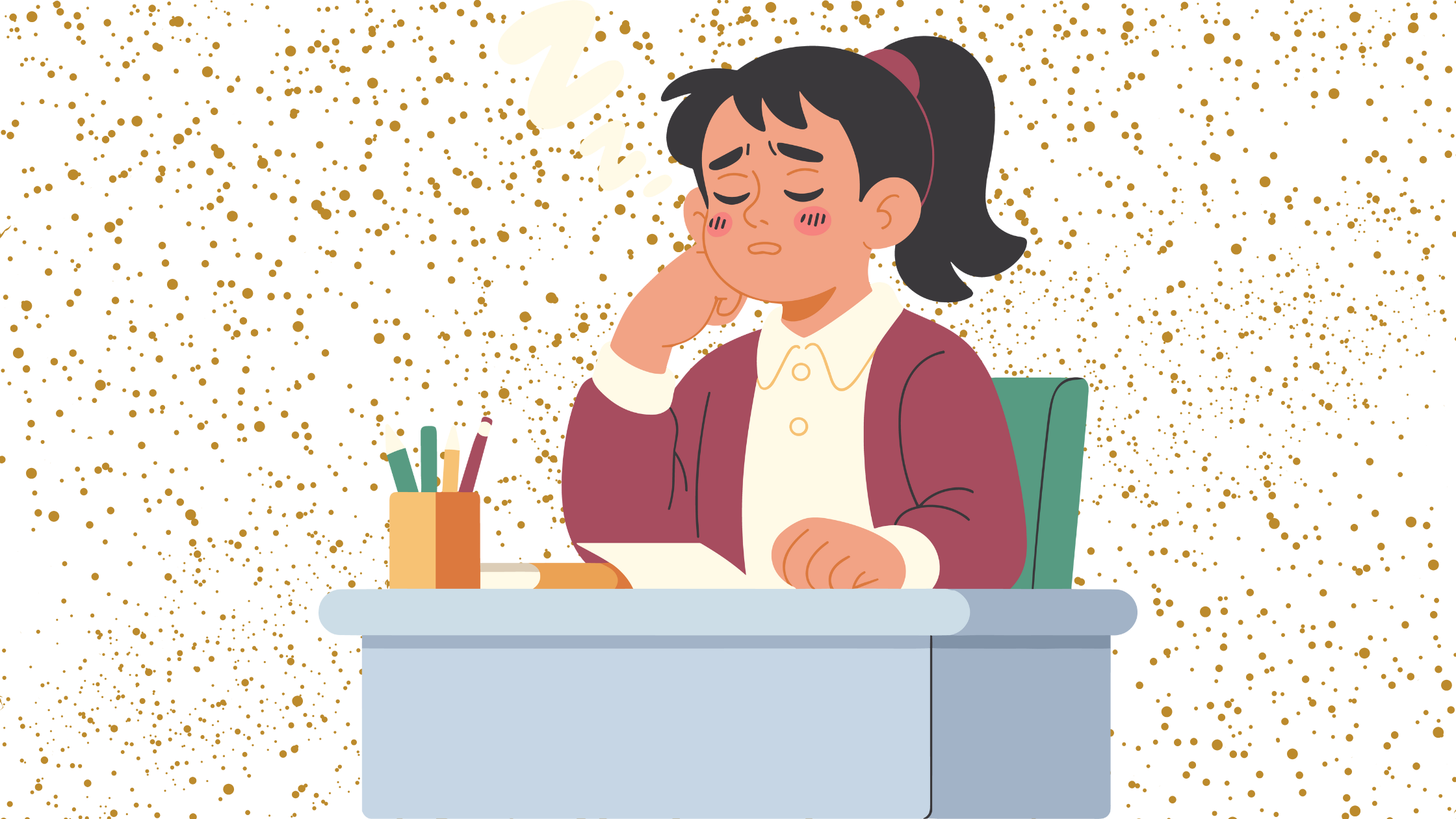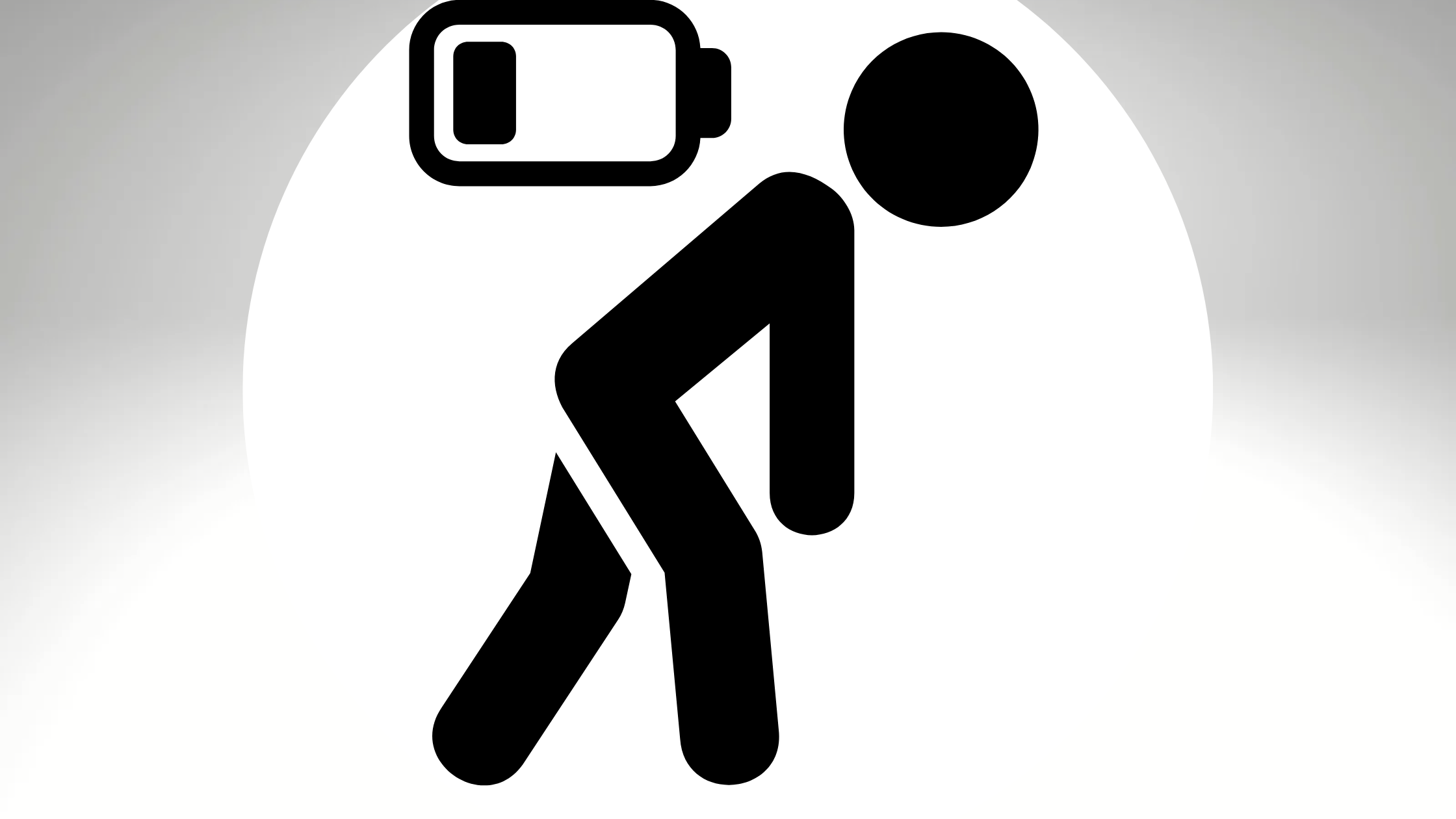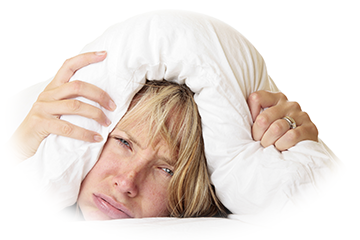It’s 2 p.m. Your morning coffee has worn off, your concentration is fading, and that wave of fatigue hits hard. The midday energy crash is one of the most common dips in productivity people experience—especially in the modern workday, where screens, stress, and sedentary habits dominate. But that afternoon slump isn’t inevitable. With a few lifestyle tweaks and science-backed strategies, you can keep your energy stable and your focus sharp from morning to night.
Fatigue is that unwelcome companion that always seems to tag along just when you need to be at your best. We've all felt it, that overwhelming sense of tiredness that even the strongest cup of coffee can't shake off. But what causes fatigue? While it's tempting to blame too many late nights or perhaps an over-scheduled day, there's more to this puzzle than meets the eye.
In this blog post, we'll explore some of the underlying causes of fatigue, shedding light on why you might be feeling more worn out than usual. While fatigue isn't exactly a life-threatening condition, understanding its roots can help you manage it better and improve your overall quality of life.










